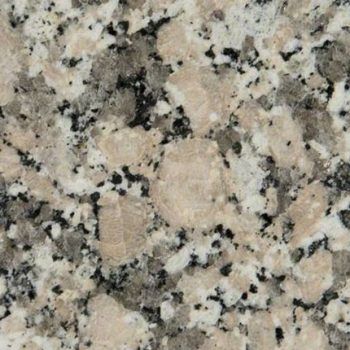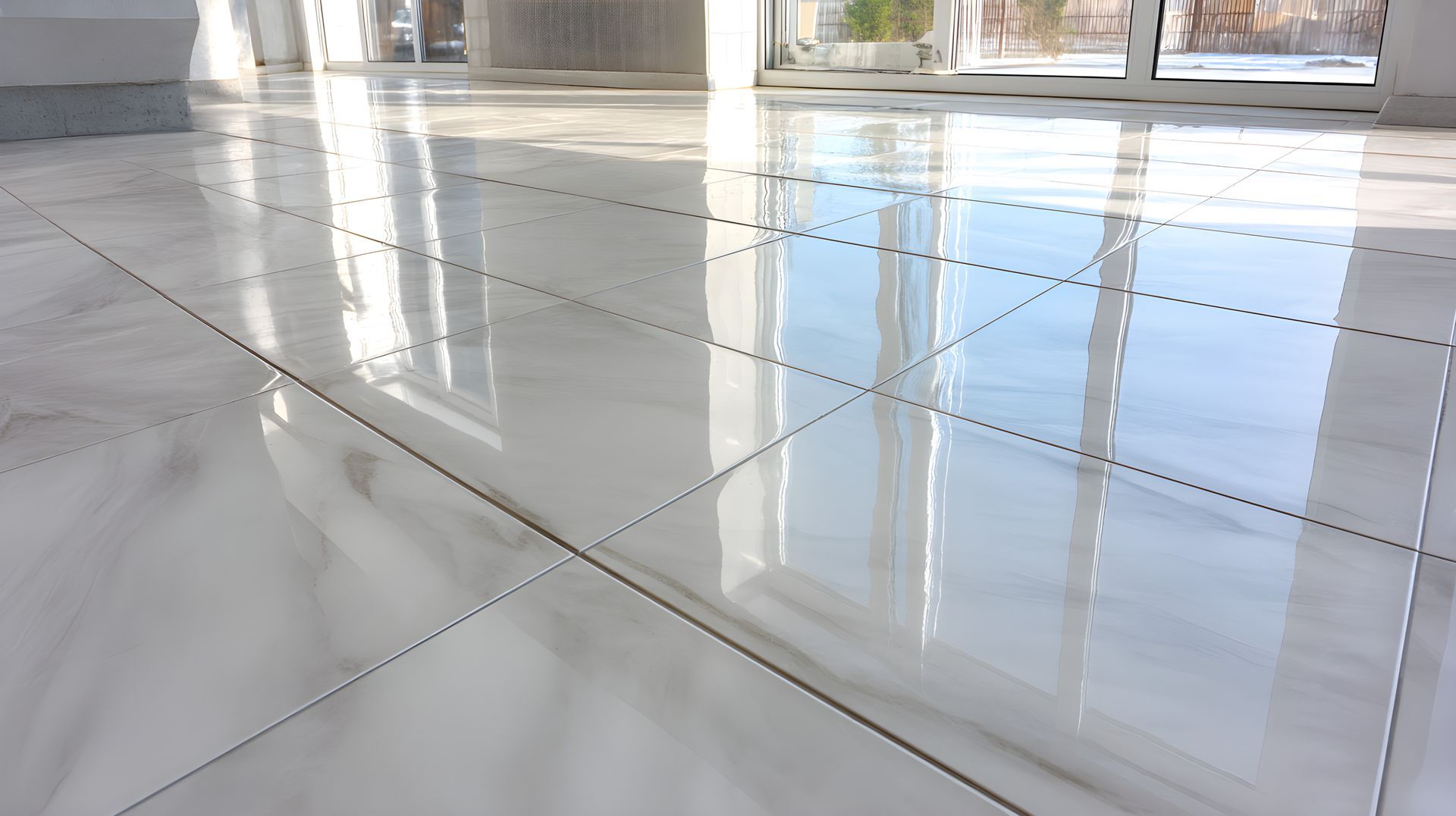Understanding Granite and how to care for it

Granite is a great choice for nearly any kitchen because the investment truly does add lasting value to your home. Granite, when installed and maintained properly, can last for virtually a lifetime. For anyone looking to sell a home, granite countertops are a definite perk for perspective homebuyers, often increasing the resale value of the home. And, of course, when you love your kitchen, and how you feel in it, you’ll spend more time in it throughout the day.
The Cons of granite
Granite has some disadvantages as well. granite is very porous surface. This means staining occurs much more easily on granite than countertops made of other materials. Granite also doesn’t take to granite cleaners well. Most granite cleaners are best left for granite countertops not used often, or granite countertops that are sealed, leaving no porous surface behind. Too much granite cleaner can wear away the granite finish that makes it shine and allows it to stand up to stains better. The fact of the matter is, even if granite is properly sealed granite countertops still aren’t granite cleaner friendly.
Granite countertops also require more maintenance than most other surfaces in the kitchen. When granite countertops are new, they will often need to be resealed periodically until that granite sealer becomes part of the granite and no longer needs to be added. That means granite countertops need to be resealed every few years. Granite sealers are not cheap, and granite can’t be resealed by just anyone with any granite cleaner or granite sealer they happen to have laying around the house.
The Pros of Granite
Granite continues to remain one of the most sought after countertop materials today because it is a luxurious, beautiful stone. Since granite has become more affordable in recent years and kitchens can now look as amazing on a modest budget with this versatile material, your kitchen will not be an identical replica like those found at cookie cutter homes around town--but rather have its own individual lines homeowners love.
Proper sealing makes all the difference when caring for these stones over time so that they maintain their stunning appearance even longer. Granite still remains highly desired due largely from its richly elegant appeal.
How to take care of Granite
One of the easiest ways granite can be taken care of is by investing in granite cleaner rather than granite sealer. granite cleaner is easy to come by, but granite sealer needs to be bought from granite shops or other specialty stores. Granite countertops are usually cheaper than other options, so the extra cost of granite cleaner may not seem too bad when it comes time to reseal granite countertops every few years.
Contact us to take care of your natural stone
The bottom line with granite is that granite requires more upkeep and special cleaner than most other surfaces in the kitchen. If you are interested in a professional cleaning, contact us today! We are experts and know how to take care of your natural stone.


